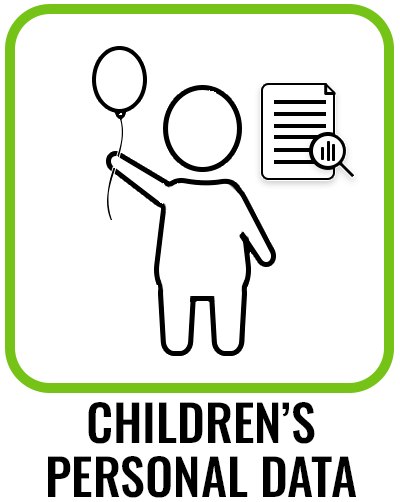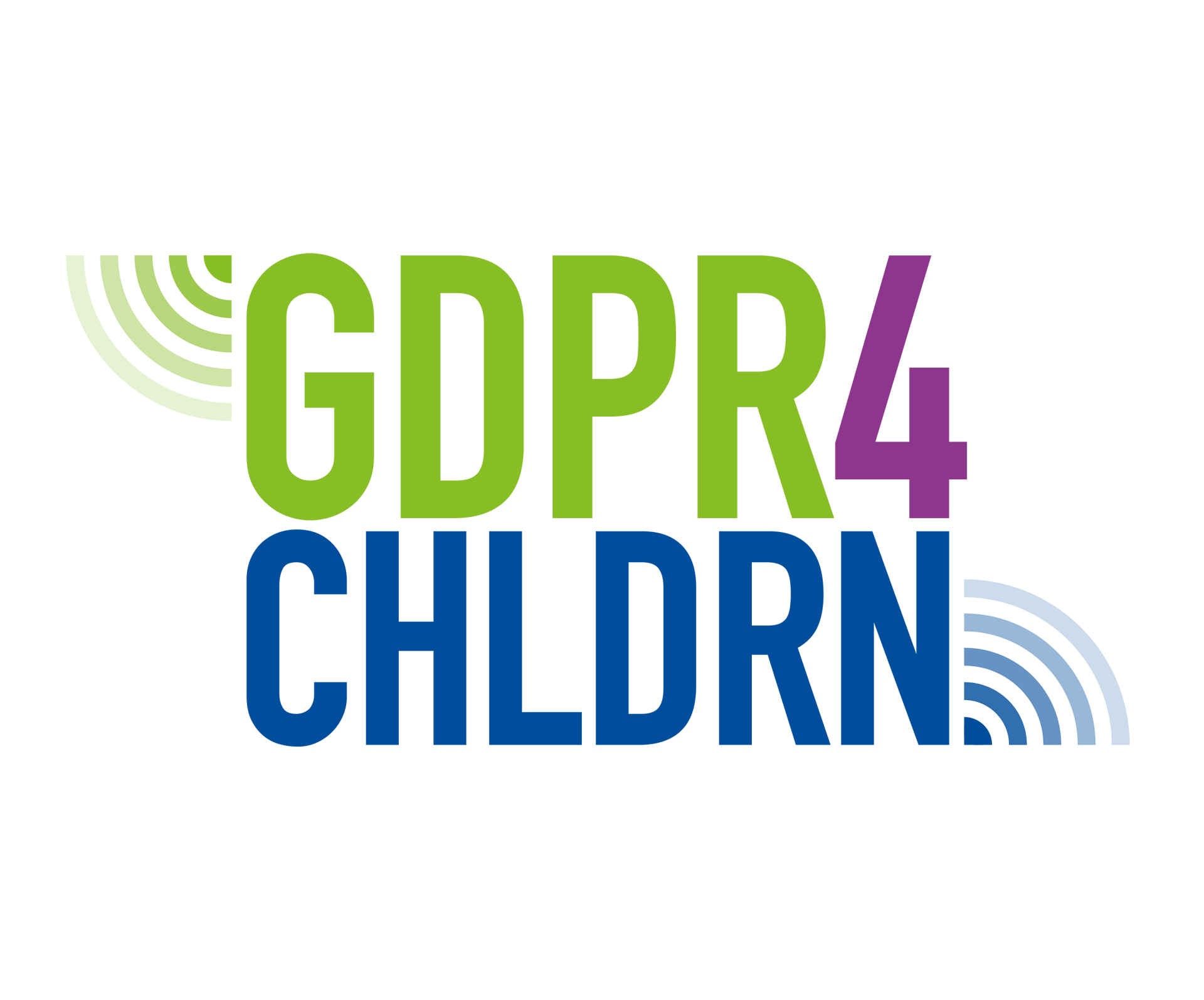What age must a child be to make decisions on matters concerning their personal data?

As a rule, fundamental rights such as data protection do not depend on a person’s age. Children and young people have the right to their own personal data and the right to exercise their data protection rights independently. A child of a certain age can be capable of refusing their parents access to their personal data, for example.
On the other hand, children also have the right to the necessary protection and care from adults. In other words, the full realisation of the rights of the child requires balancing the child’s rights of participation with the rights that ensure the child’s protection. According to the UN Committee of the Rights of the Child, as a child gains knowledge and experience, their parents must move from orders and instructions to reminders and advice. The Committee has pointed out that children mature at their unique pace (UN Committee on the Rights of the Child, General comment No. 20 (2016) on the implementation of the rights of the child during adolescence).
It is fairly evident that a child of 6 is probably not capable of making independent decisions on matters involving their personal data, but rely on their parents to manage things for them. A 16-year-old, on the other hand, can be fully capable of making independent decisions on the subject. That said, a child of 16 may still need support from their parents for managing their own affairs. It would be a good idea to ask your child or adolescent whether they are capable of deciding on matters involving their personal data, or do they need parental support for things like signing up for hobbies.
